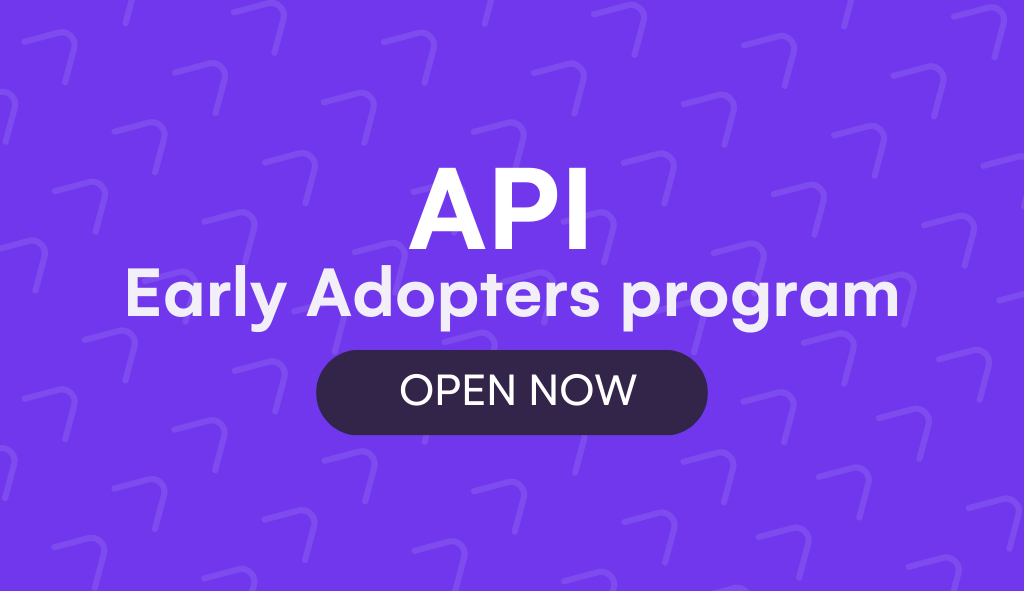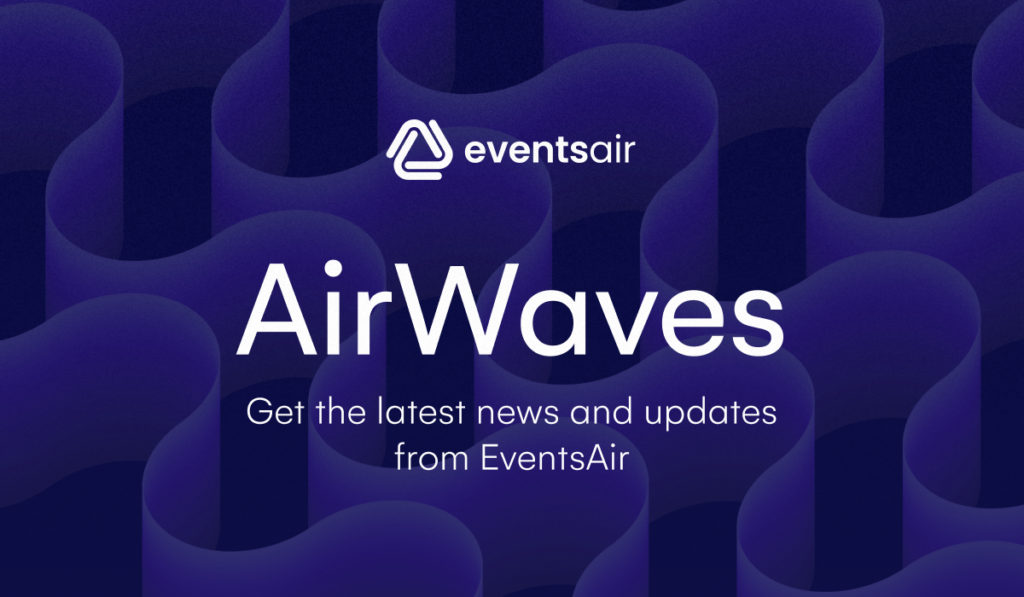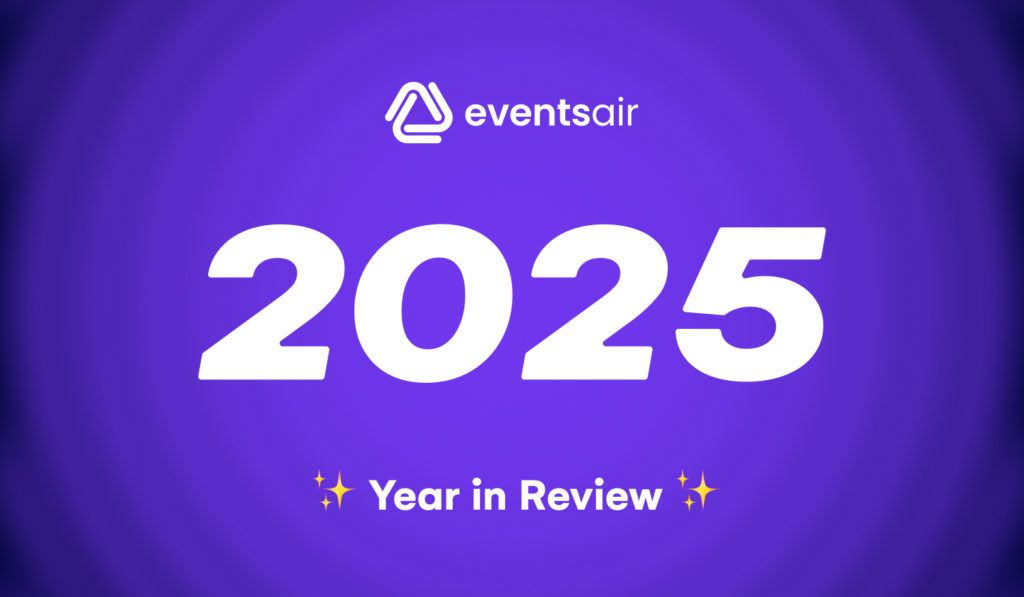
Build and connect your event-tech stack with the EventsAir API
If you’re reading this, you probably fall into one of three categories:
- You know exactly what an API is and you’ve been waiting for EventsAir to release one;
- You have a vague idea about what an API is and what it does; or
- You’re new to APIs and want to learn more
In any case, we’re here to help. API stands for Application Programming Interface, which means it’s an interface where two software applications can meet and talk, through the power of programming.
What can an API do for event managers?
Let’s say that you use a number of different software platforms in your day-to-day work:
- A CRM (Customer Relationship Management) to manage all your contacts
- An accounting program to manage your bookkeeping
- EventsAir for event promotion, registrations, project management, attendee engagement, and reporting.
And because they’re all separate programs, at the moment, you may be manually transferring information from one to the other, which costs you time and money (plus there’s the risk of human error). On the other hand, you like using each of these platforms and you want to keep doing so… and that’s where an API comes in.
What is the EventsAir API?
EventsAir now offers a public API to enable all these platforms to integrate with each other. That means that you can get certain data automatically transferred between EventsAir and a 3rd party platform using our GraphQL API (GraphQL being an industry-leading type of API).
Here are answers to some of the most frequent questions about our forthcoming API:
Is this EventsAir’s first API?
EventsAir has built dozens of REST APIs over the last 10-15 years for individual clients. However, this will be the first time we’ll be allowing outside developers and clients to have access to an API.
What are the benefits to my business?
- Reliability: We’ve chosen a particular type of API (GraphQL) that offers an advance on first-generation (REST) APIs, and allows for much more targeted and efficient queries. This will allow us to sidestep a number of technological barriers. We’ll deliver more robust and stable solutions, especially if you have a particular configuration that must be tailored to your business process.
- Extensibility: Our API is a future-facing technology, you can build more and more functionality and integration on it for years to come.
- Novel solutions: You can build your own shortcuts and tools for batch procedures, tailored to your needs.
Will you offer standard integrations (plug-and-play tools to allow the API to connect EventsAir with popular programs like SalesForce, NetSuite, Xero, HubSpot, and Microsoft Dynamics)?
Yes, although this will happen in Phase 2 (we’re just launching Phase 1 now). A condition of having access to the API is that you won’t create and on-sell any standard connections, but this also means we’ll be better able to offer them as inclusions in your EventsAir subscription when we get to that stage.
Can I build a niche integration with another program I use?
Absolutely, and we encourage this. It’ll also mean that rather than engaging with our custom dev team as you may have done in the past, you’ll more likely be working with our API team and/or your own developers to create customized versions of EventsAir more easily and quickly – and these will be more able to fulfill your requirements.
What’s the role of third parties, at least to begin with?
At first, we’re engaging with selected software development consultants, and also BW Events Tech, and Ozaccom+ to provide a whole marketplace of options moving forward. It’s an exciting time!
When and how is this all going to happen?
We’re doing an Early Adopters launch of Phase 1 from early August. This release will have a limited set of data endpoints and will initially be read-only (can only read data from EventsAir). That said contacts will be able to be updated. These data points have been chosen based on the most popular/requested integration needs. Future releases will expand on this set of data endpoints and ultimately introduce both read and write capabilities to enable a 2-way flow of data between EventsAir and other systems.
What does Early Adopters mean?
Getting underway with any technology can have some unknowns, and the same with the API. We are inviting people into an early adopters program as a soft launch, so we can verify our service is calibrated right (the transfer pipes are big enough and fast enough). It means some working parameters of the API may change, and these will be communicated.
When and how can I get on board with this?
We’re putting the finishing touches to the early release version of the API but momentum will build rapidly. Please talk to your account manager to find out more about what’s the most appropriate solution for your business and timelines for this. If you’re a company already working with developers, that makes you a suitable candidate to join our Early Adopters program.
Who will be able to develop API integrations?
There are three ways that API integrations can be developed:
- We are joining forces with our external software development consultants to bring you the global expertise needed to power your integrations.
- If you’re using a popular third-party platform a standard integration may be available.
- Configuring these plug-ins may require further work to meet your particular needs.
Either way, we’ll be able to guide and assist you to get the right solution.
It’s all part of an exciting future
As the event industry bounces back and gets bigger than ever, we’re helping you build your own custom solutions on top of EventsAir with this API, giving you a flexible platform you can continue to rely on for years to come. Soon, there’ll also be standard integrations that can be included with your annual subscription, eliminating the need for additional custom development. If you do need a bespoke solution, it’ll be able to be completed more quickly and cost-efficiently.
Event Technology & Apps | EventsAir | Product Launch
See EventsAir in action
Discover why 12,000+ event professionals trust EventsAir to deliver effortless events, every time.




